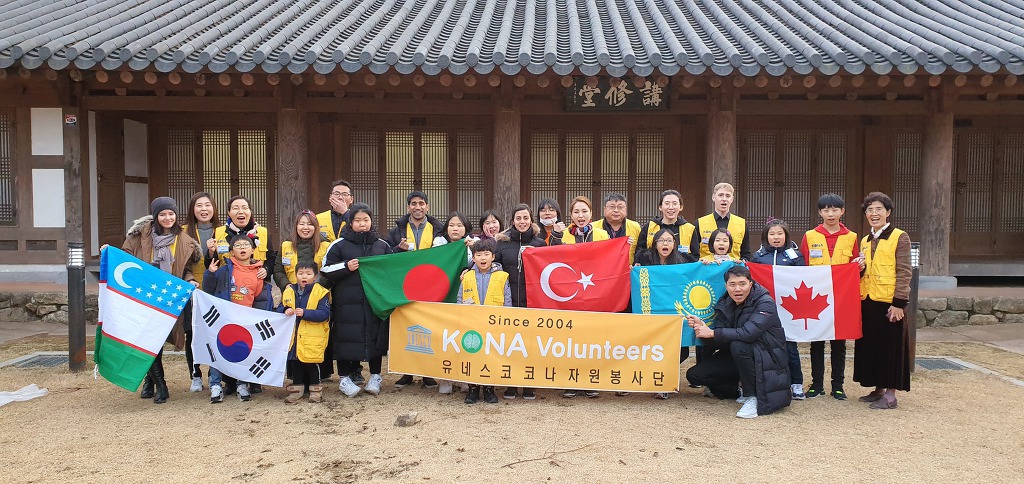KONA Volunteer Teaching
English Through Storybooks II.
In the first part of this two-part series, we heard stories from three volunteers at the KONA Storybook Center, a UNESCO-associated volunteer organization in Gwangju that promotes cultural exchange and English learning through storybooks. The volunteers in last month’s article hailed from Bangladesh, Uzbekistan, and Kazakhstan. Now, we will hear experiences from three more KONA volunteers, who are from India, Canada, and Korea.
A Story of Adapting and Learning
— Shilpa Rani, India
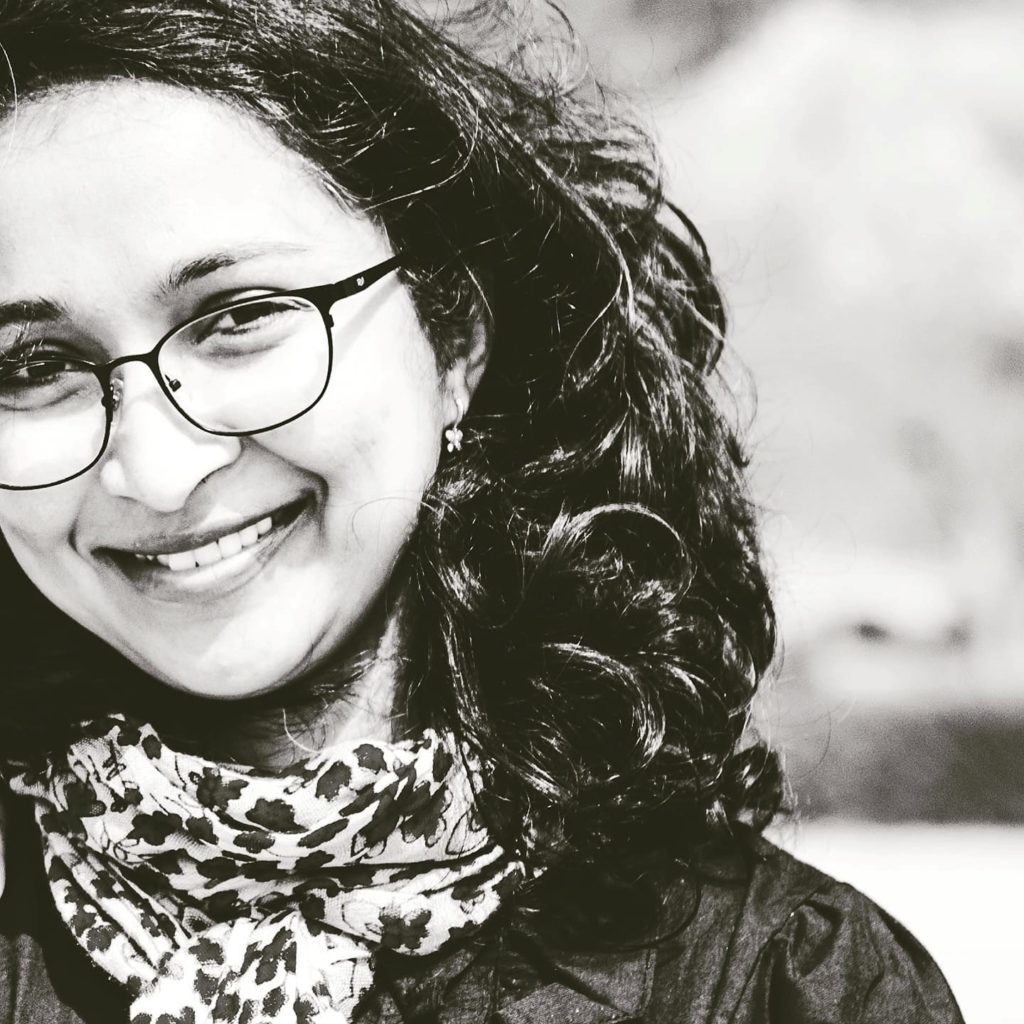
The current COVID-19 pandemic has proven to have a devastating effect on interpersonal relationships since social distancing has become the norm all around the world. But here is a story of how the very same pandemic brought people together.
I moved back to India (my home country) two years ago, after being a volunteer with UNESCO-KONA. Apart from occasionally messaging to find out how KONA families were doing, there was no other reason to keep in touch. On one such occasion, I was made aware that due to social distancing rules, the students were learning online. Since KONA follows the technique of teaching through stories and also follows a scheduled teaching-learning pattern, they were able to easily adapt their program to online learning. KONA has been doing volunteer work at the Gwangju Children’s Home (광주애육원), twice a month. On my request, I was asked to join their sessions.
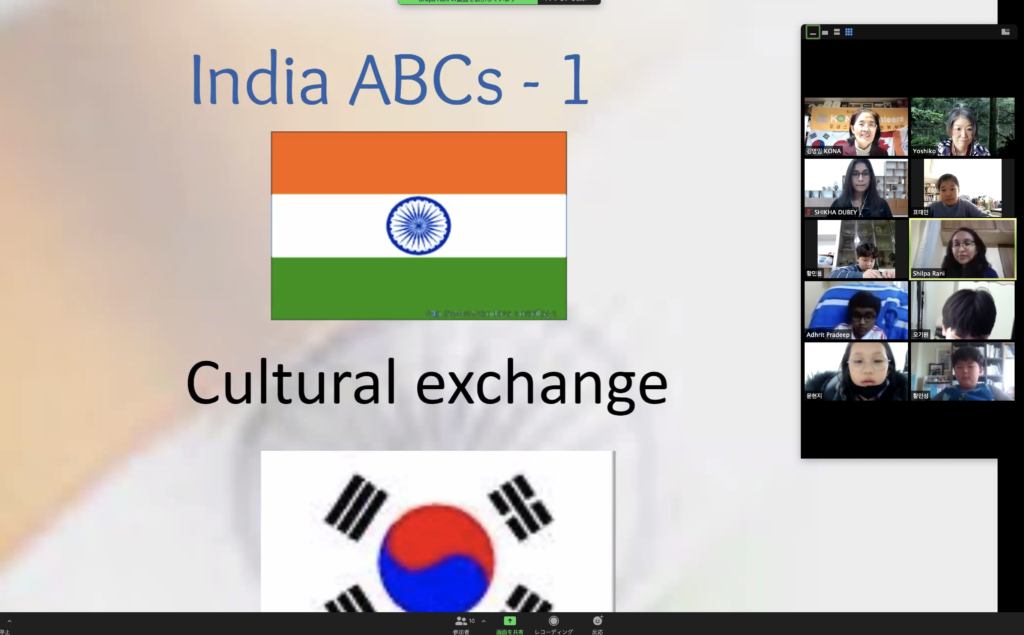
On the day of volunteering, the volunteers joined a Zoom chat from their respective homes in different countries, including Korea (KONA families), and foreign volunteers from Japan (Yoshiko), India (myself), Canada (Kevan Hudson), Britain (Tiana), and the children at the Gwangju Children’s Home in Gwangju. Due to there being a large number of people, we split into breakout rooms and read and learned from one another. At the Gwangju Children’s Home, the children were usually split into two groups, with each group having its own student leader who assessed and organized the learning each week. But twice a month, they were allowed to present what they had learned in the form of a presentation to others. They were then corrected and motivated to learn through various activities.
The founder of the KONA volunteering program, Professor Young-im Kim, has been kind enough to allow my son, Adhrit Pradeep, to volunteer, too. He now presents a science topic for discussion each week. KONA has been an integral part of his childhood. Even though we live around 5,000 kilometers from Gwangju, we have been able to be a part of the KONA family and have been cherishing our time together.
As Darwin has been said to have stated, “It is not the strongest of the species that survives, nor the most intelligent that survives. It is the one that is most adaptable to change.” KONA volunteers have brought people together even in situations of drastic change, like the COVID-19 pandemic, by adapting and continuing their work for the community.
KONA, 2020, and Me
— Kevan Hudson, Canada
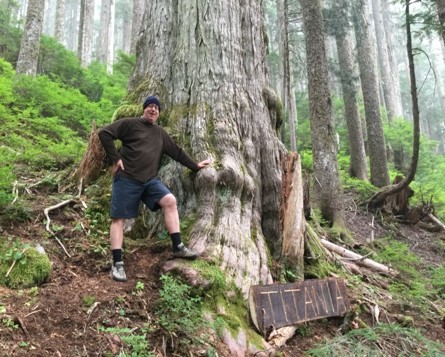
In October 2019, I left South Korea after living in the country for fifteen years and returned to my native land of Canada. Before leaving, from 2015 to 2019, I volunteered with KONA and thoroughly enjoyed my time with the organization. However, I thought my volunteering with KONA had sadly finished when I came back to Canada.
Then in 2020, the current pandemic hit Korea and the rest of the world. As a result, KONA moved its programs online, as did all other places of learning, such as elementary schools, high schools, and universities.
What happened next? I happily restarted my volunteer work with KONA in 2020. Since restarting, I have done several presentations on Zoom with KONA. Primarily, I have created PowerPoint lessons discussing Canadian culture and food. Using photos, key words (target language), quizzes, and questions, myself and others in the KONA universe have talked about my hometown of Nanaimo on Vancouver Island, and learned about poutine. Yes, many Canadians love poutine. But please do not say or spell it like Putin. He is the leader of Russia, not a dish of french fries, gravy, and cheese curds. Please remember: It is poutine not Putin. Thank you!
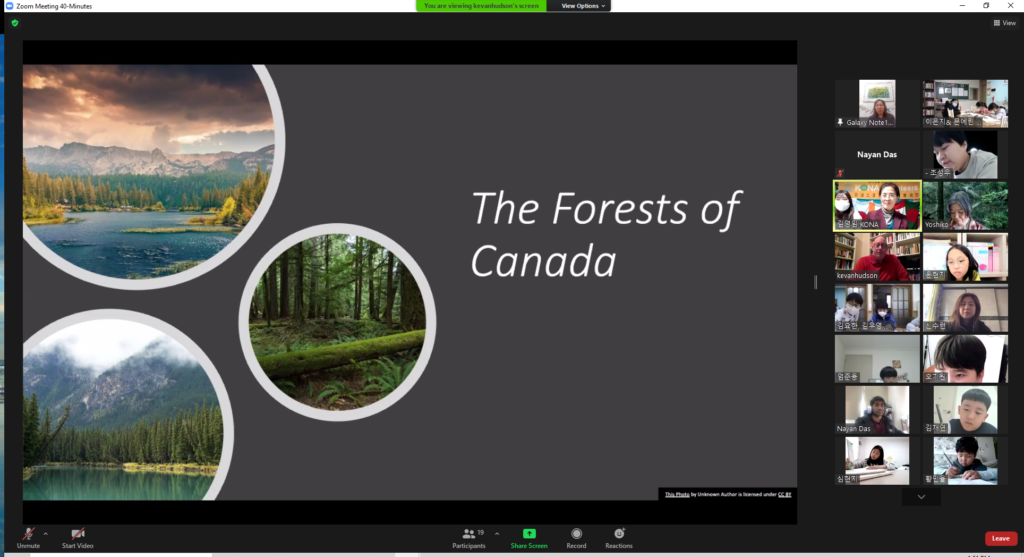
I am very happy that Zoom has brought KONA members and myself together again. Seeing familiar faces, teaching online, and talking about Canada is fun for me. Stay healthy everyone.
Volunteering at the Children’s Home
— Um Jun-yong, Gwangju, Korea
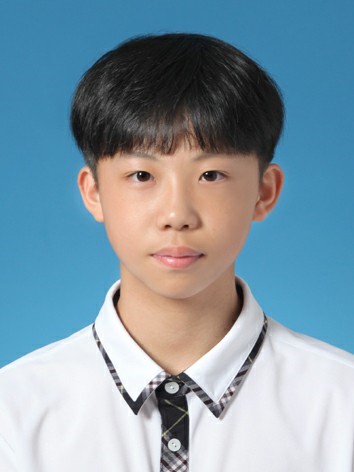
Hello, everyone. My name is Um Jun-yong. I am from Gwangju, but now as a sophomore, I stay at the dormitory of Yongbuk Middle School in Namwon. As my father works for social welfare organizations, I have been helping others since I was young and started volunteering with my parents. As I now live in a dormitory, the Saturday when I volunteer is the busiest day for me. Sometimes it overlaps with other events in my schedule, and sometimes it is very tiring.
Since 2015, I have taught English to the students of the Gwangju Children’s Home on the fourth Saturday of every month. However, unfortunately, due to COVID-19, I started to teach English on Zoom. A volunteer from India (Shilpa) and I teach English to the students for an hour on the second Saturday of every month. On the fourth Saturday of every month, Hyun-ji and Yoshiko (from Japan) teach English to the students. We have found that there are some limits to communication with one another on Zoom compared with meeting face to face. Nevertheless, I am happy to see and talk to my students online.
Before my volunteering sessions with the students of the Children’s Home, I research and arrange the English stories uploaded by my students. I then open some English tale sites to help me teach them better. When the children and foreign teachers first connect to Zoom, we start by taking a picture and then the students are divided into small groups for study. Shilpa and I teach English to Kim Yohan, Kim U-young, Lee Ha-yul, and Lee Hyun-jun. Sometimes we have presentations of a story map that relates to the English story chosen by the children. They present their favorite stories in a clear voice and suitable tone. When someone has difficulty speaking, Shilpa, Kim Yohan, or I help them to improve their speaking skills.
After finishing all the presentations, we evaluate the presentation of the English story. Afterwards, we have time to discuss what stories will be next. I personally help my students choose their next stories by providing story resources on the internet, such as “Little Fox.” When we get all the courses finished, we share what we felt and thought. I think it is important for us to have feedback time together because we are able to find out what others think and what to do next in a more effective way.
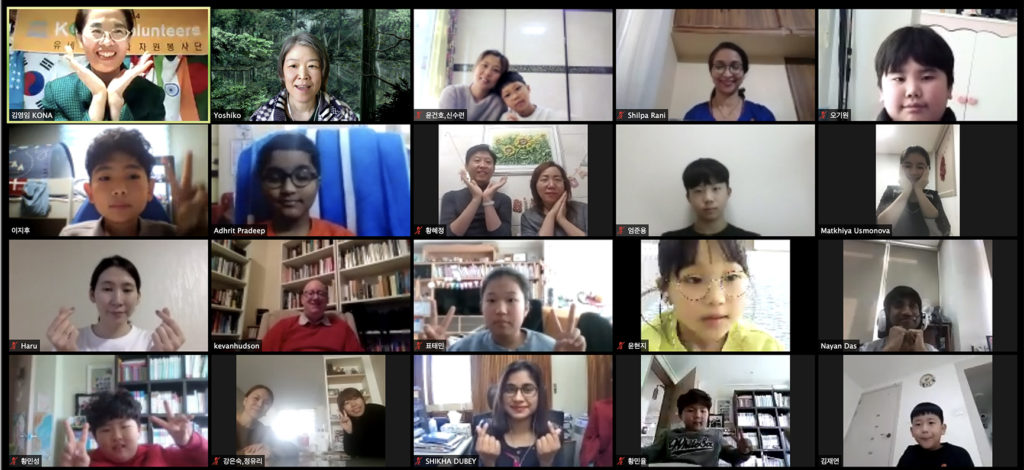
When I see my students smiling brightly in difficult situations while doing volunteer work, I feel proud and warmhearted. I read books with foreigners and give special lectures on world culture with teachers from other countries. The characteristics of each country and the motivation to go to them in the future have impacted my vision a lot. In the future, I want to teach my students with great care and joy. Although I am a middle school student, I have a lot of things to do, but I want to be happier with the joy of sharing through volunteer work, so I do not want to rest. Finally, I sent a “thank-you” to all the foreign volunteers for assisting the KONA program. During the COVID-19 situation, I hope that everyone can stay healthy and remain thankful in all circumstances.
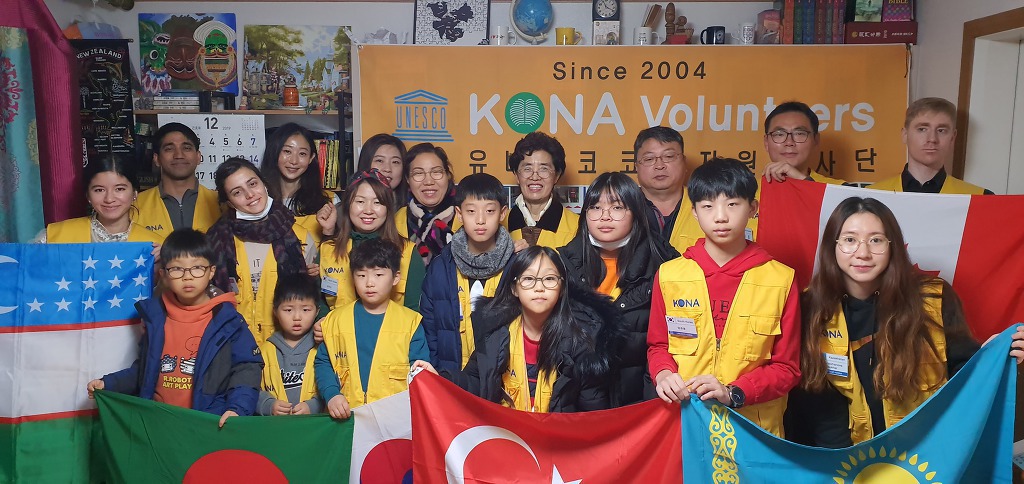
Compiled by William Urbanski.
Photographs courtesy of KONA Center.







